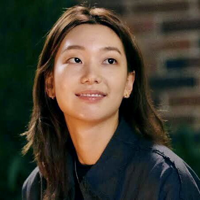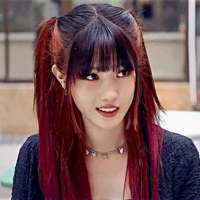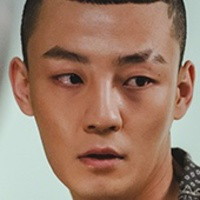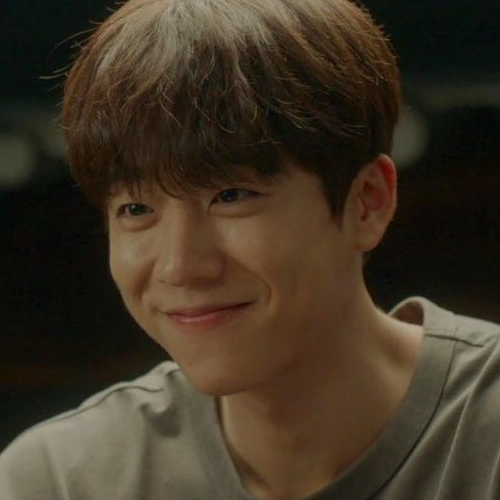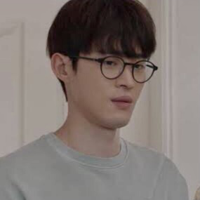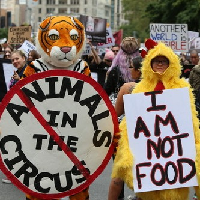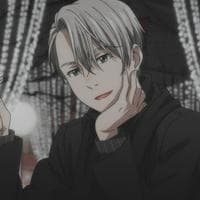Seo Ji-Wan mbtiパーソナリティタイプ
個性
"Seo Ji-Wanはどのような性格タイプですか? Seo Ji-Wanは、ENFP in MBTI、2w1 - sp/sx - 279 in Enneagram、SLUAI in Big 5、ESE in socionics のパーソナリティタイプです。"
I think Jiwan is textbook sp 2. Self-preservation 2s are the 2 countertype and can withdraw from the people they care about in fear of rejection and distract themselves, which could be why she can be mistaken for a 7. These twos adopt a childlike presentation in order to be cared for, and can be very dependent. They make themselves lovable, but they also fear commitment. When things don't go their way, they can sulk and throw tantrums instead of speaking up. It's difficult for them to be accountable for their actions. Read Beatrice Chestnut's incredibly specific (and 100% applicable to Jiwan) description of the Self-Preservation 2 below. "This "cute" Two expresses pride and a need for protection through youthful ways of gaining attention and affection. This Two has a childlike quality in presentation and emotional expression-no matter how old they are, this Two looks youthful or young. As humans, we have a natural love of children, a biological imperative that ensures that we will care for children who are dependent on us for their survival. Children want and need to be loved not for what they do for others, but for who they are. This is a basic need of any child. So what is prominent in the Self-Preservation Two is this pure, young need for love. This Two "remains little" as a way of evoking care from others without having to ask for it, just as children shouldn't have to ask for love and care or aren't mature enough to articulate this kind of request directly. Self-Preservation Twos thus unconsciously draw on the universal love of children by adopting the stance of a cute, youthful person. This presentation is a way of inviting people to like them and take care of them, just as a child's "cuteness" inspires people to love them. This is their way of expressing the idea that, deep down, they want to be loved not for being pleasing or giving to others, or because of qualifications, performance, or achievements, but just because of who they are; they want to be loved for just existing. The name for the Self-Preservation Two, "Privilege," refers to the idea suggested by this personality: "I’m young, and therefore I'm the most important." This reflects this subtype's (unconscious) assertion of a kind of childlike priority, wanting others to place a special emphasis on meeting his or her needs. It's less easy to see pride in this type. The Self-Preservation Two is the countertype of the Twos; it's a Two that doesn't look like a Two. This Two moves toward others, but also has a "counter-move" away from others out of a need for self-protection. This Two is tender and sweet, but more guarded than the other Twos. As might be expected from a more childlike character, the Self-Preservation Two is more fearful, less trusting, and more ambivalent about connections with others. Although these Twos may not be aware of how fearful they are-all Twos repress feelings-they may have a more pronounced need than other Twos to protect themselves in the presence of others, which might be perceived by some as an invisible "wall." The ambivalence about connection experienced by this type takes the form of mixed or conflicting feelings about establishing close connections with others, especially important or intimate others. On the one hand, people and relationships feel compelling and important, but on the other hand, being close to people seems fraught with danger because it includes the possibilities of losing oneself or being judged, taken advantage of, humiliated, or rejected. In this "youthful" Two, self-importance, irresponsibility, humor, playfulness, and charm are in the foreground. Until they engage in self-awareness work, this Two can be easily hurt and is hypertensive to slights or anything that might sound like criticism or disapproval. They may have tantrums or sulk or withdraw when upset. Feeling hurt can result in pouting, angry recriminations, or childish accusations. They may manipulate through an expression of feeling instead of stepping up and saying what they want or what they dislike. Dependency is prominent in this subtype, but mostly unconscious. These Twos, like other Twos, don't want to see themselves as needy or dependent on others, and yet they can engage in a pattern of remaining unconsciously dependent, wanting someone to take care of them, or engineering situations in which people end up taking care of them. Because of this childlike stance of (unconscious) dependency, the Self-Preservation Two has less freedom; a child, after all, is rarely, if ever, completely free. So these Twos often yearn to be free while at the same time yoking themselves to people in unhealthy or unconscious ways." (1/2)



